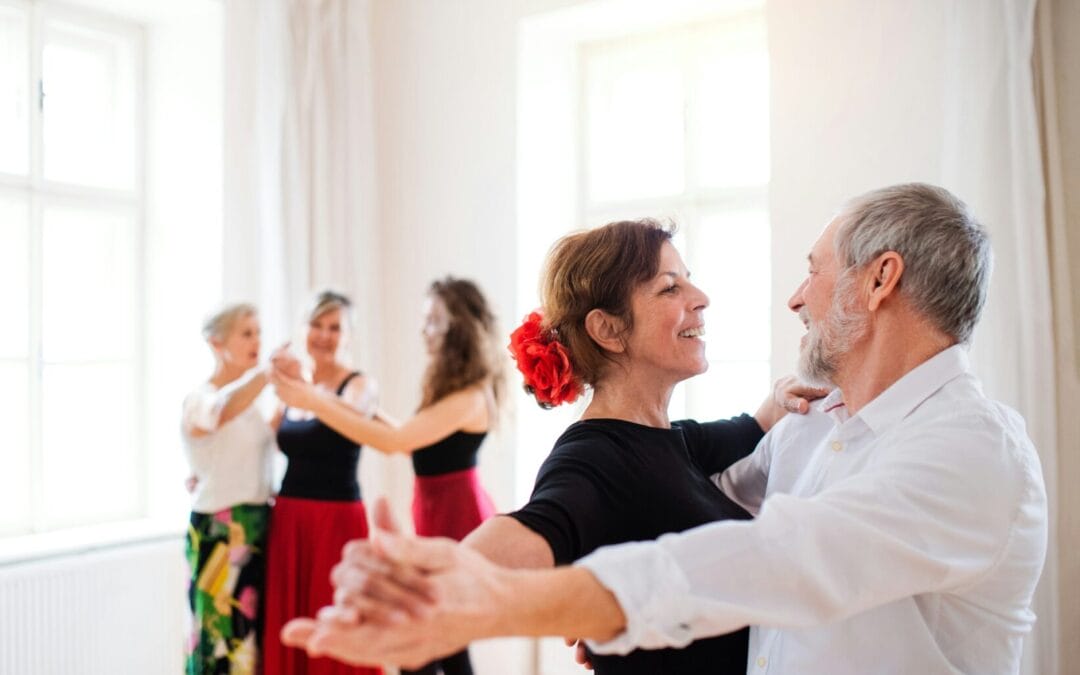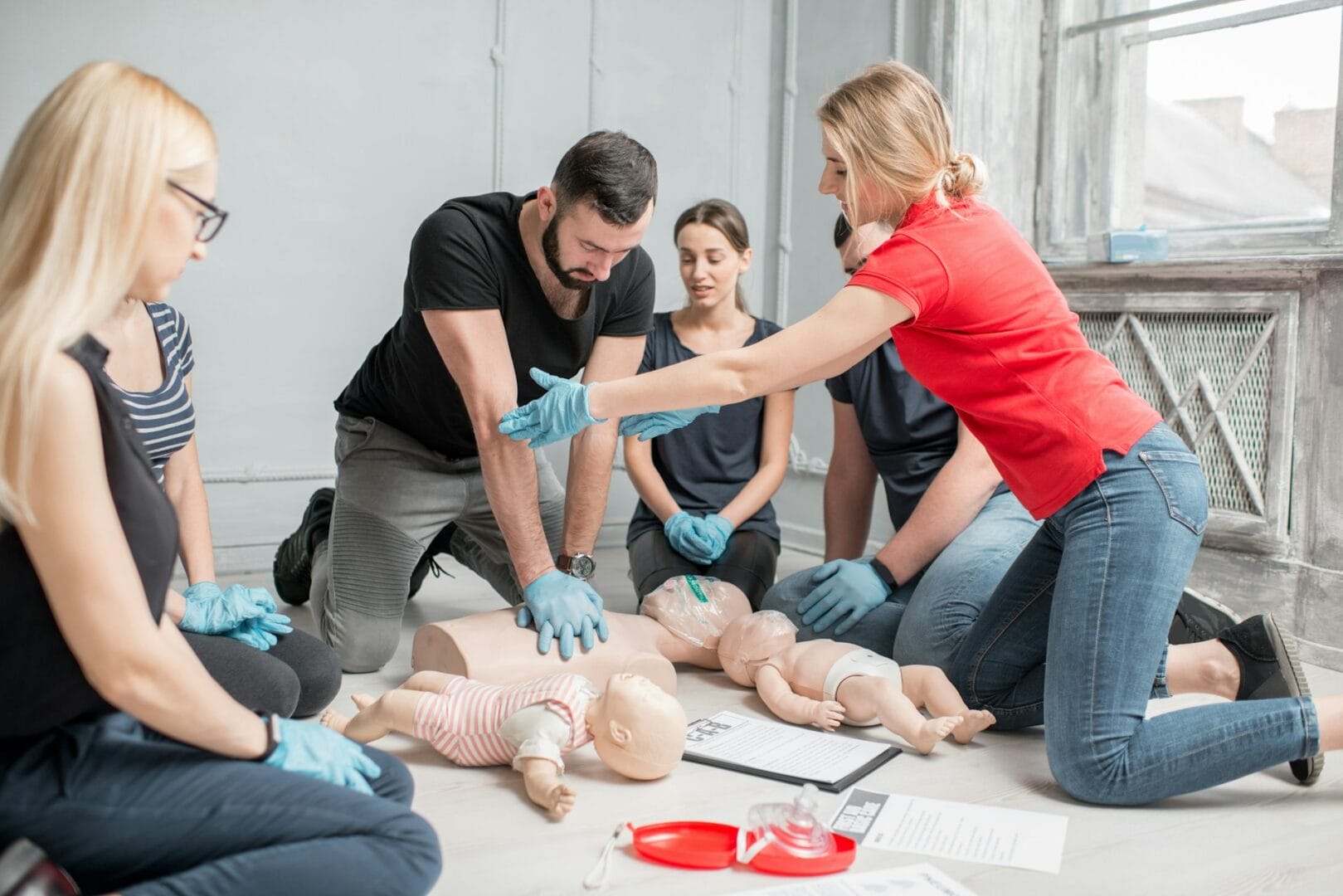As people age, staying socially active becomes important to maintaining a healthy lifestyle. Engaging in social activities brings numerous benefits that can enhance a senior’s quality of life. These activities provide fun and enjoyment and contribute to a healthier mind and body.
Loneliness and isolation can affect seniors, leading to feelings of sadness and depression. Social activities help bring people together, create friendships, and provide a sense of community. Encouraging regular participation in social activities is a key step towards ensuring a rewarding life for seniors.
Improving Mental Health Through Social Interaction
Social interaction serves as a lifeline for maintaining mental health, particularly in seniors. Engaging in social activities can significantly reduce feelings of loneliness and depression, which are common among older adults. Connecting with others through group gatherings, community celebrations, or even simple coffee meet-ups can foster a sense of belonging. This helps seniors feel valued and supported in a community.
Participating in social activities also has a beneficial impact on cognitive health. Activities where seniors engage in conversation and mental challenges—like board games or trivia nights—help keep the mind sharp. These interactions stimulate brain function, enhancing memory retention and improving alertness. Conversations provide a workout for the brain, much like physical exercise does for the body.
Promoting positive mental health through socialization involves creating regular opportunities for interaction. These can include:
– Joining local clubs or interest groups focused on hobbies like gardening or knitting.
– Attending community events, such as festivals or charity walks.
– Volunteering for causes that matter to them, like library reading programs or animal shelters.
By making social connections, seniors can greatly improve their mental health and overall quality of life.
Physical Benefits of Staying Socially Active
Staying socially active isn’t just good for the mind and boasts several physical benefits. Group activities encourage seniors to move more, which helps maintain physical health. Group exercises can boost physical fitness, support joint health, and decrease the risk of chronic diseases.
Consider integrating physical activities that promote group interaction and movement:
– Walking Clubs: Encourage regular physical activity while enjoying the company of others.
– Yoga Sessions: Offer gentle exercise that enhances flexibility and balance.
– Dance Classes: Provide fun cardiovascular workouts with music and partners.
These activities can improve mobility and reduce the risk of heart disease, obesity, and arthritis. Regular walks with friends or attending group fitness classes can also enhance motivation. People are often more likely to stick to exercise routines when they have partners to work out with.
Social and physical activities contribute to a healthy lifestyle by combining companionship with exercise. This approach lets seniors enjoy the benefits of movement while fostering friendships and supporting their well-being.
Boosting Emotional Well-Being
Social activities offer more than just fun; they strengthen emotional well-being by building a sense of belonging and purpose. When seniors participate in activities like community gatherings or hobby groups, they form connections that provide comfort and meaning. These interactions help combat feelings of isolation and reassure individuals that they are part of a caring community.
Friendships formed through social activities can greatly enhance emotional health. Support networks allow seniors to share experiences, seek advice, and receive encouragement. This camaraderie fosters trust and understanding, essential elements for emotional satisfaction and resilience. When seniors feel emotionally supported, their life satisfaction often improves dramatically.
Consider these options to boost emotional well-being:
– Join a choir or music group for a creative outlet and companionship.
– Engage in local volunteering efforts to give back and meet enthusiastic people.
– Participate in art classes to express creativity while building friendships.
Building a robust social network with peers enables seniors to face life’s challenges with greater confidence and joy.
Creating Opportunities for Lifelong Learning
Social activities serve as gateways to lifelong learning and intellectual engagement. By joining clubs and groups, seniors can embrace new skills and hobbies, stimulating mental growth and keeping the mind active. Engaging in lifelong learning helps preserve cognitive abilities and nurtures curiosity.
Book clubs or crafting groups provide enriching environments where participants learn from each other and share ideas. These settings promote discussions and hands-on experiences, deepening knowledge while strengthening bonds.
Learning opportunities for seniors include:
– Participating in gardening clubs to explore horticultural techniques and enjoy the outdoors.
– Taking part in cooking classes to master new recipes alongside new friends.
– Joining technology meet-ups to learn about the latest gadgets and applications.
Staying intellectually active through social pursuits enhances the quality of life by broadening horizons and fostering a sense of achievement.
Embracing a Holistic Approach to Senior Health
The synergy of mental, emotional, physical, and intellectual engagement creates a rewarding lifestyle for seniors. By fostering social activities, seniors can experience enhanced well-being across multiple facets of their lives. These interactions help prolong independence and enrich their daily experiences with joy and purpose.
Coming together to share, learn, and grow with peers helps seniors navigate this stage of life confidently. Whether through simple clubs or more involved community efforts, each gathering provides opportunities to thrive. Social interaction constructs a powerful platform that blends enjoyment with health benefits beyond the obvious.
At DuMonde Management & Consulting, we understand the importance of creating supportive and engaging environments for seniors. If you’re ready to explore ways to boost happiness and health for yourself or a loved one, reach out to our caregiver training programs. Together, we can design strategies that enhance senior living with meaningful social connections and fulfilling activities.



